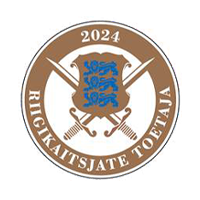HISTORY
1922–1939
Our story begins on 23 May 1922, when architect and entrepreneur F. Kangro received a permit from the city council to operate five bus routes. At the time, city and intercity buses departed from the Russian Market, also popularly known as the Flea Market, and briefly called Viru Square during 1939–1940. The buses lined up where the current Viru Hotel stands today, adjacent to New Market. A small office at the corner of Pärnu Road and Russian Market housed a traffic coordinator who also sold tickets.1940–1959
Bus departures continued from what had been renamed Stalin Square. In 1949, rural bus departures were relocated next to the Estonia Theatre, to a square created after the original market hall was demolished and the marketplace moved to the Tartu Road area. A year later, a suitable location was found for the rural bus station at the edge of the vast Stalin Square, at the beginning of Tartu Road, approximately where the Radisson Hotel now stands.1959–1961
In early 1959, the bus station moved to its current location at the corner of Lastekodu and Odra Streets, previously occupied by a flea market. The original single-storey wooden bus shelter from Stalin Square was dismantled and reassembled at the new location, where bus route 17 now begins.1961–1965
Construction began on a new two-storey terminal building. The new bus station complex was scheduled to be completed by 21 July 1965, in time for the 25th anniversary of the Estonian SSR. The deadline was fulfilled mainly, although the official inspection report noted several deficiencies. The architects of the station were Kalju Valdre and Liivia Murdmaa.2012
From June 25 to December 19, Tallinn Bus Station underwent a major renovation. During the construction works, both the interior and exterior of the building were modernised. The passenger waiting area and café were expanded, and new features, including an information desk and self-service ticket machines, were added.2015
As of 2015, approximately 200 buses depart daily from Tallinn Bus Station, using just thirteen departure platforms. Each year, approximately 3 million passengers pass through the station, which is served by a total of 26 bus companies.2025
Today, Tallinn Bus Station is more than just a transport hub. Under the management of T grupp OÜ, the station has become a cultural venue through the «Culture Walks Through Bus Stations» initiative. It has introduced free travel libraries, hosted diverse art exhibitions, provided musical experiences, and organised large-scale festivals. These cultural offerings make waiting at the bus station more enjoyable and encourage greater use of public transport services.JUBILEE EXHIBITION
Tallinn’s first intercity buses departed from what is now Viru Square, near the edge of Tammsaare Park. The row of buildings in the photo stood where the Viru Centre is today. The bus on the right is a Berliet.
1928 / Estonian History MuseumDeparture of intercity buses from Viru Square, by today’s Tammsaare Park. Luggage is being loaded onto the roof of a Büssing bus heading to Kuressaare.
1939The white “Bus Station” sign stood where the main entrance of today’s bus station is located. View towards Odra Street.
1963 / O. JuhaniIn the early 1960s, the former bus station building relocated from Viru Square stood in the middle of what is now the station forecourt. The wooden houses visible in the background were later replaced by a car park and, behind it, Filtri Road.
April 1964The wooden waiting pavilion with ticket sales stood where today’s local bus stop is located.
1964 / Art Museum of EstoniaConstruction of the new bus station. In the foreground is the railway line running alongside Odra Street.
1964 / A. Vaik / Tallinn City MuseumConstruction of the southern waiting platform and canopy. View from the window of Lastekodu 39.
3 January 1965 / H. OrgLAZ buses are at the bus station the day before the grand opening of the new terminal. View from the window of Lastekodu 39.
20 July 1965 / H. OrgTemporary ticket offices in decommissioned LAZ buses, during the final days before the opening of the new terminal. View from the window of Lastekodu 39 towards Liviko.
July 1965 / H. OrgFreshly completed façade of the new bus station.
July 1965 / V. Gorbunov / Kodumaa newspaper editorial officeAn Ikarus Lux bus is departing from the newly completed bus station.
August 1965 / A. Allan / Kodumaa newspaper editorial officeA light blue Ikarus Lux passes by the bus station.
1 May 1966Platforms 1 to 9 are beside the bus station waiting area.
October 1968Administrative building of the bus station. A newer-model LAZ bus stands in front.
May 1973 / H. OrgInterior view of the bus station waiting hall.
1970s–1980s / J. Külmet / Kodumaa newspaper editorial officeView of the bus station platforms.
1970s–1980s / J. Külmet / Kodumaa newspaper editorial officeAdvance ticket sales for intercity buses were located on Pärnu Road. Tickets could be purchased up to 7 days in advance, depending on the route.
1970s–1980s / Estonian History MuseumTelephone pre-booking office for intercity bus tickets.
1970s–1980s / Estonian TelevisionBus station ticket counters.
1980s / E. Raag / Museum of Estonian ArchitectureBus station waiting area.
1980s / E. Raag / Museum of Estonian ArchitectureBus station waiting area and travel information boards.
1980s / E. Raag / Museum of Estonian ArchitectureIkarus buses during rush hour before the long Women’s Day weekend.
5 March 1988 / H. OrgAS Mootor buses at the bus station. View from the window of Lastekodu 39.
July 1993 / H. OrgThe renovated Tallinn Bus Station, featuring an updated interior and exterior, was officially opened.
19 December 2012 / V. Tõkman



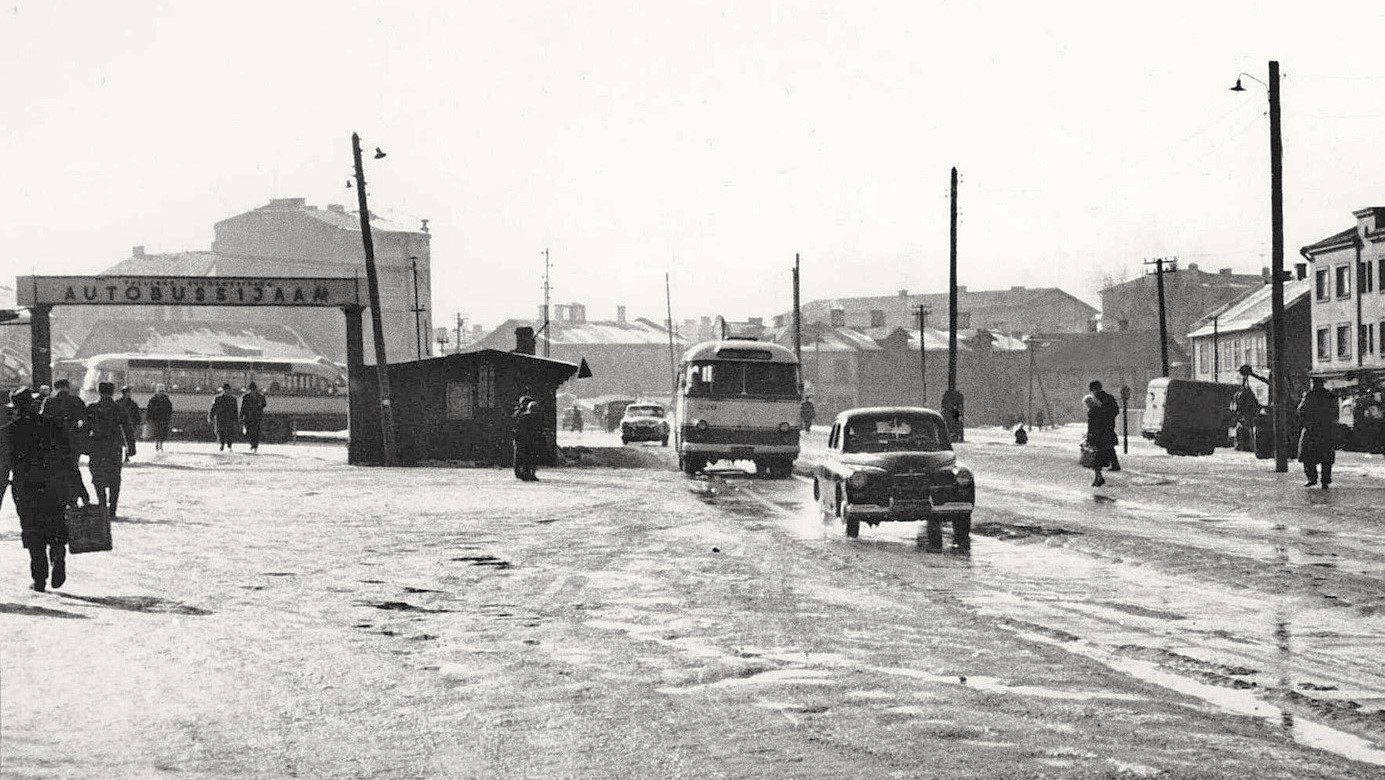

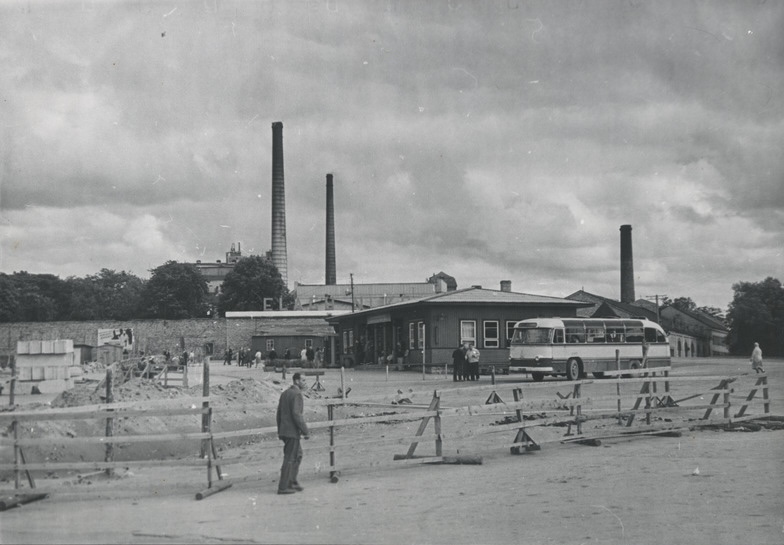
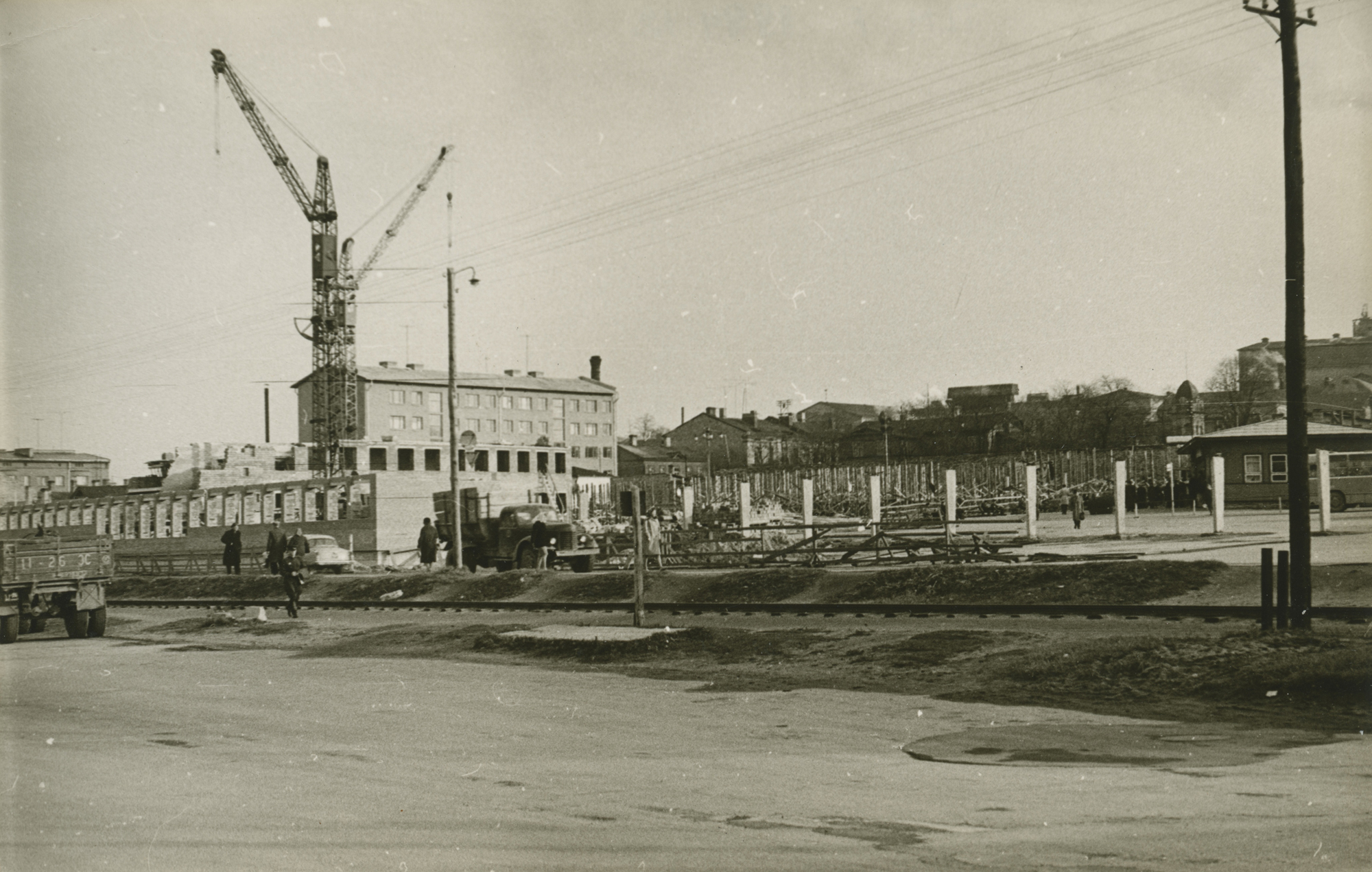
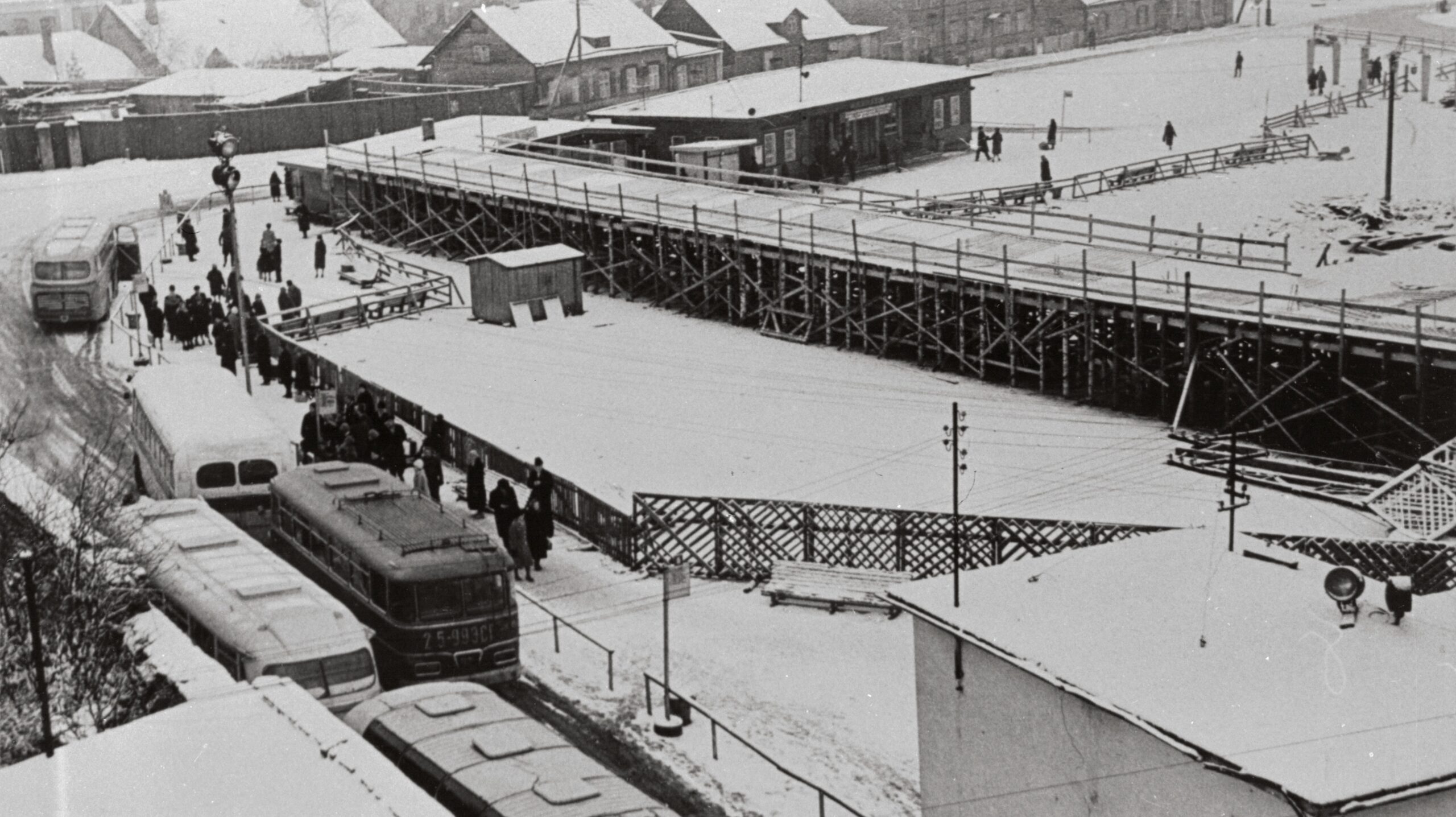


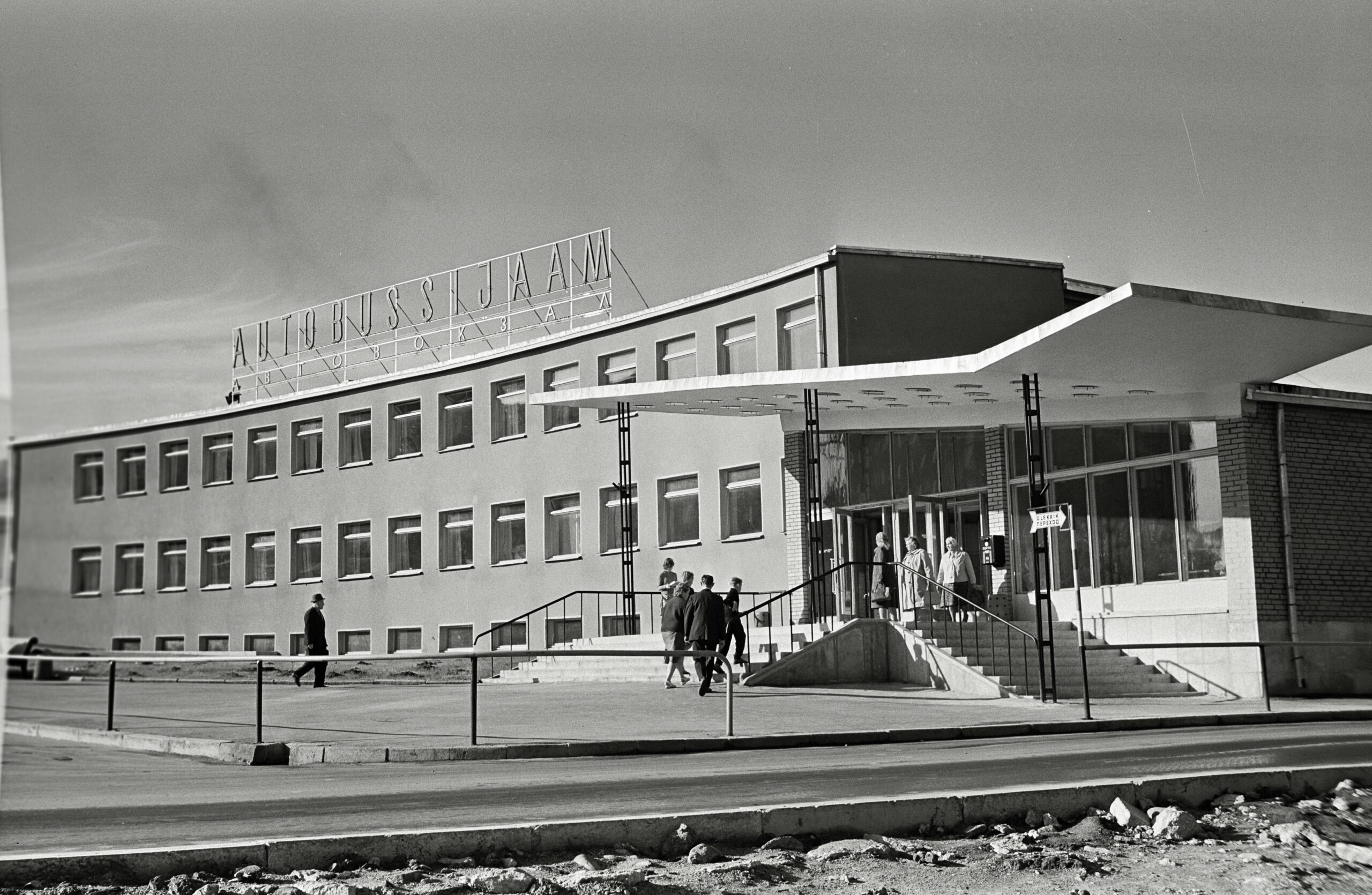
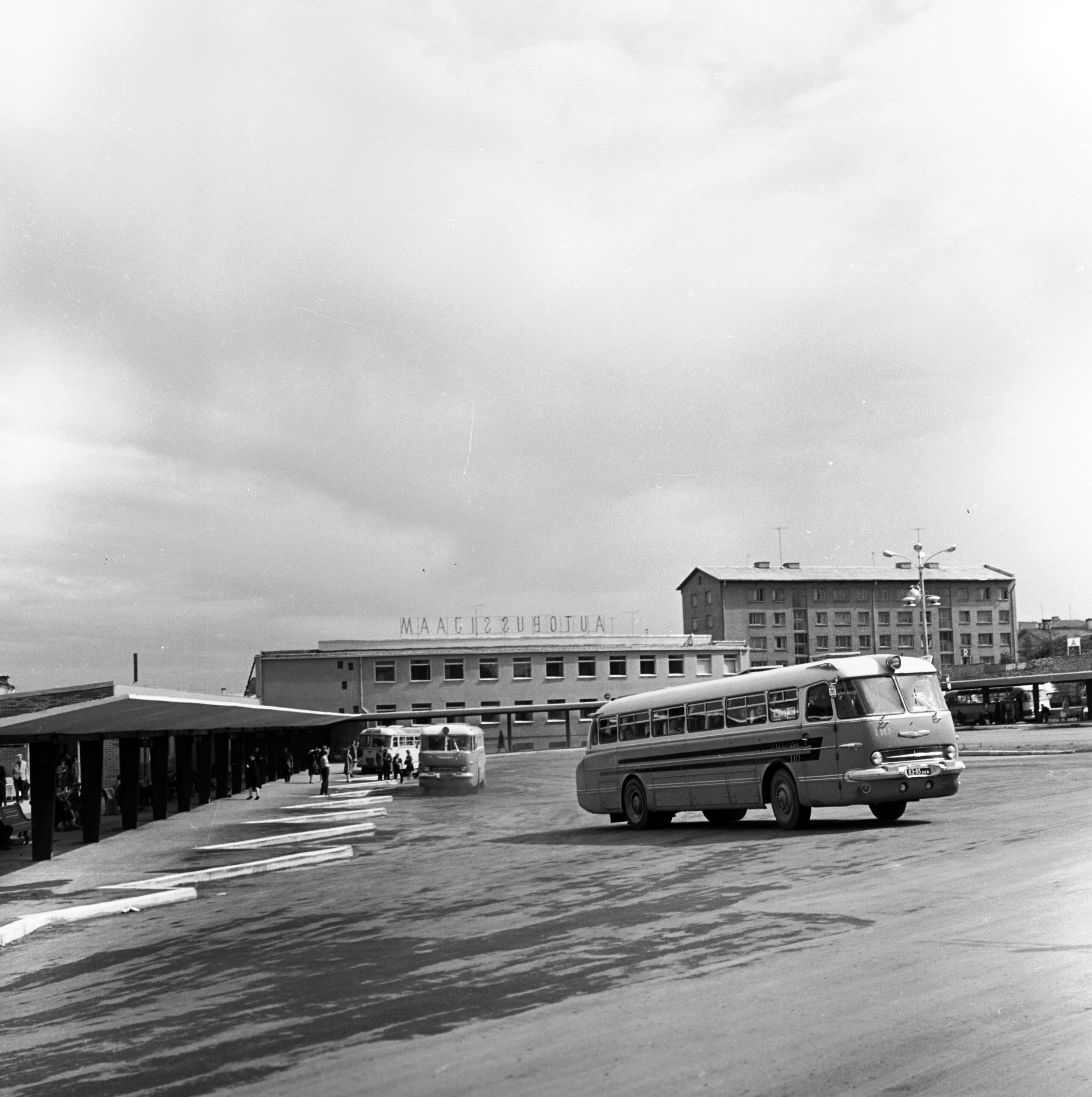

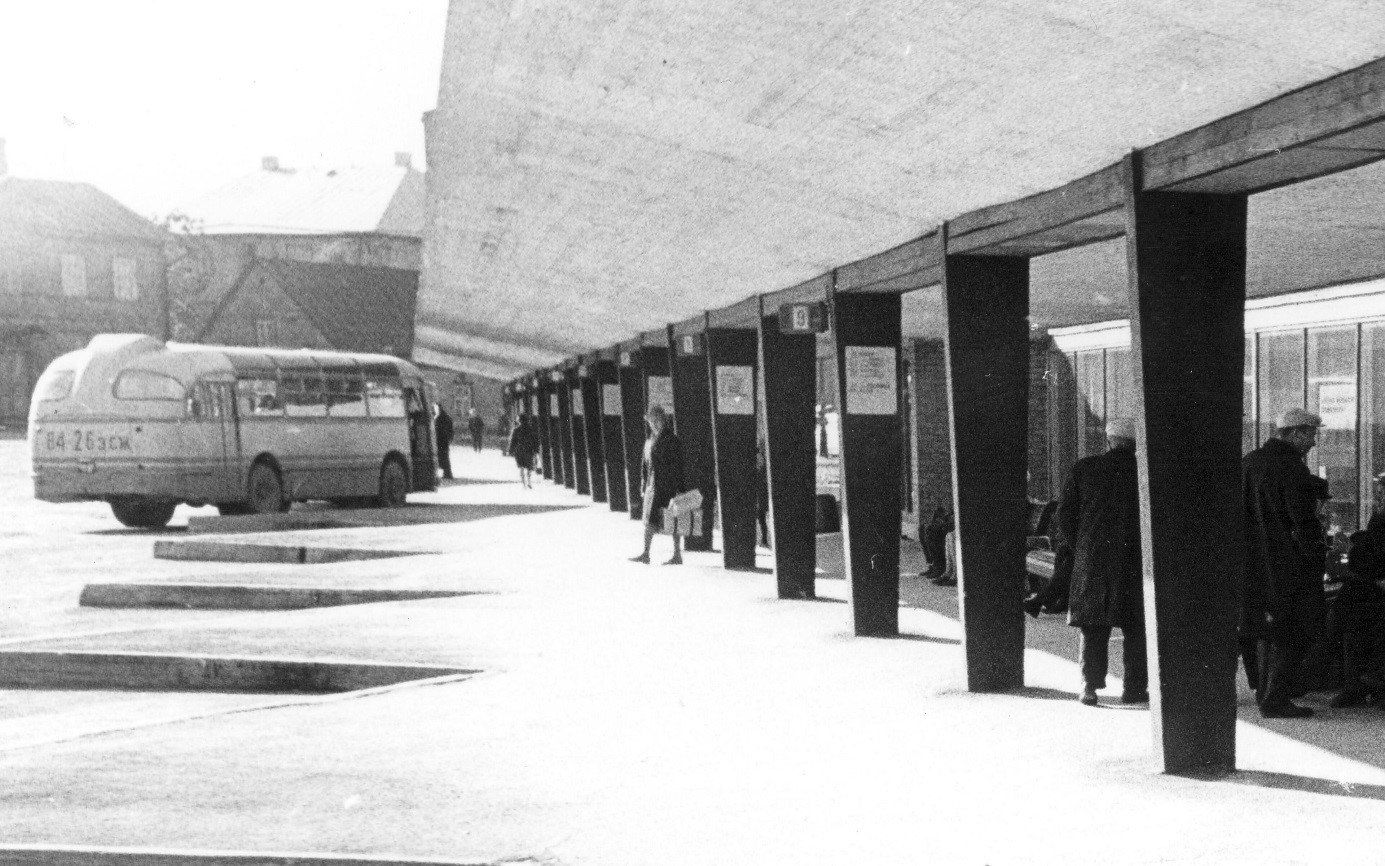

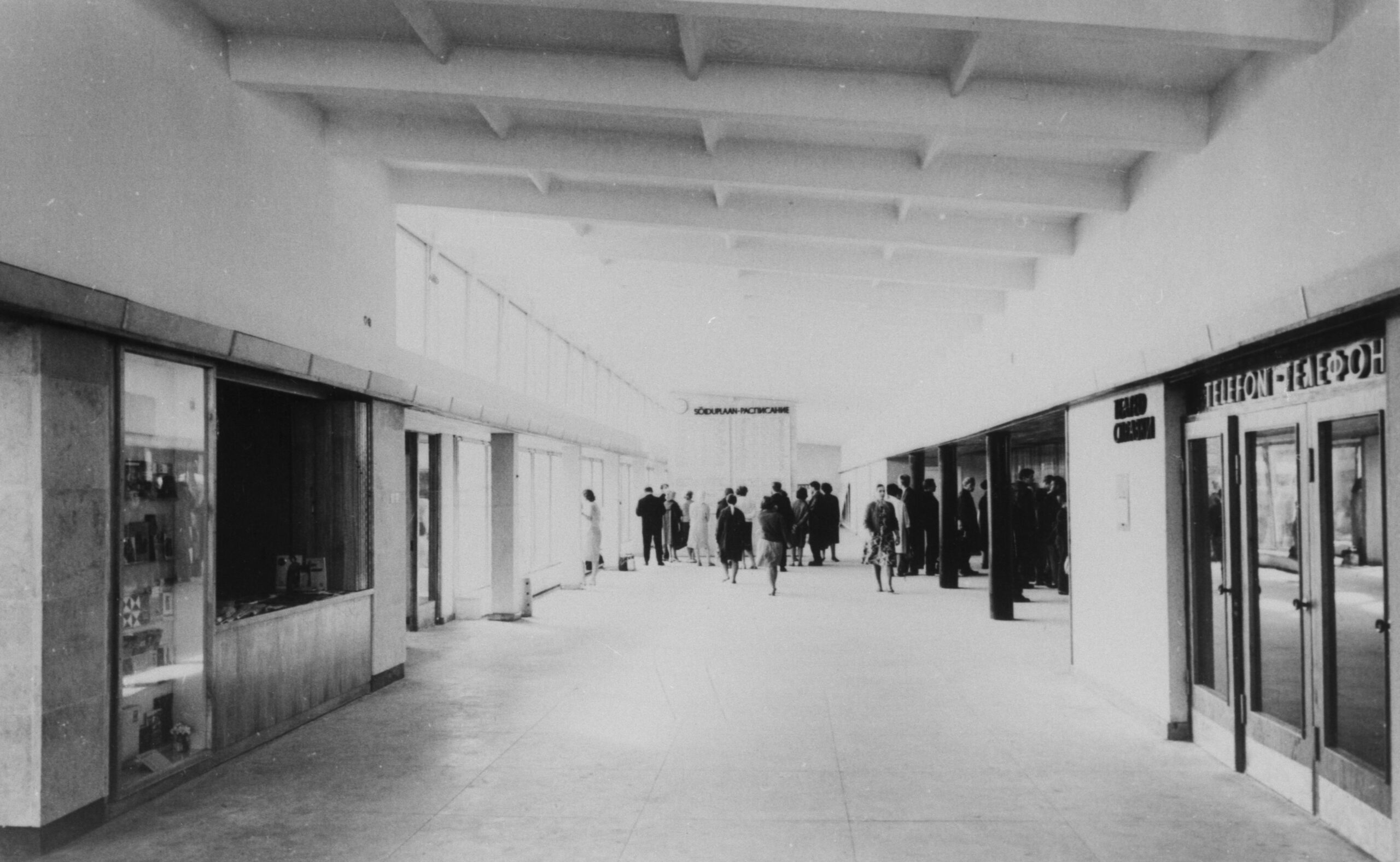
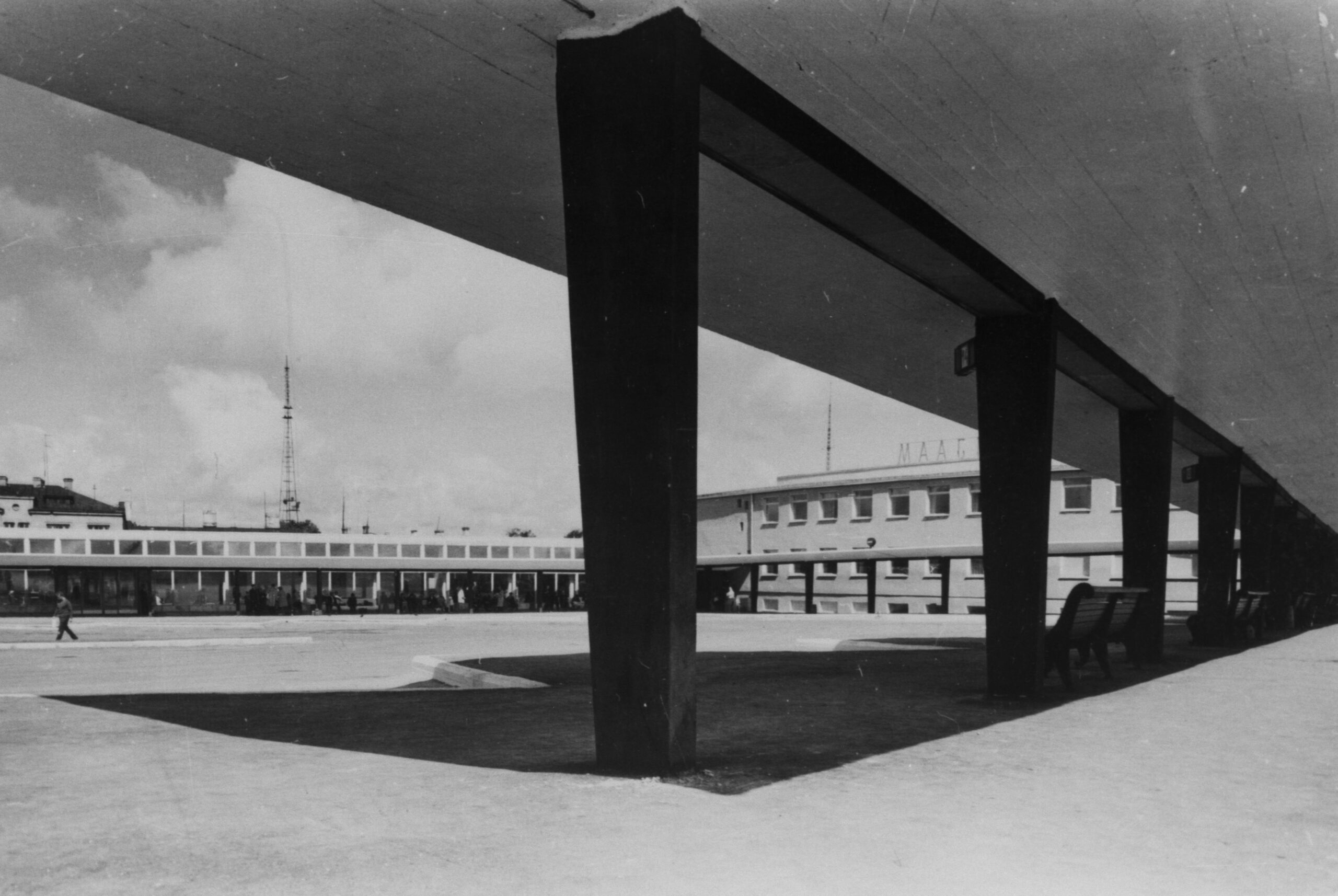
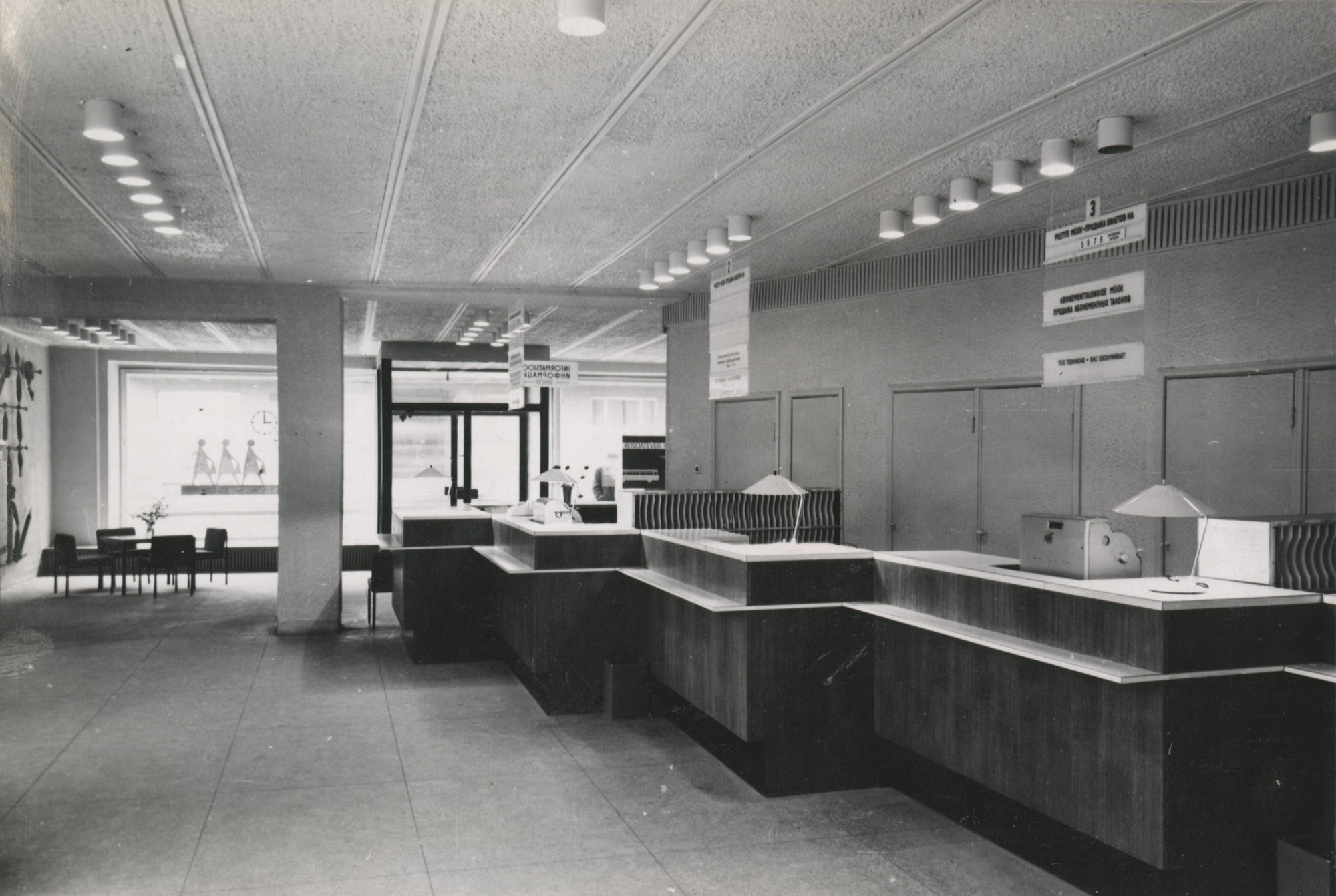
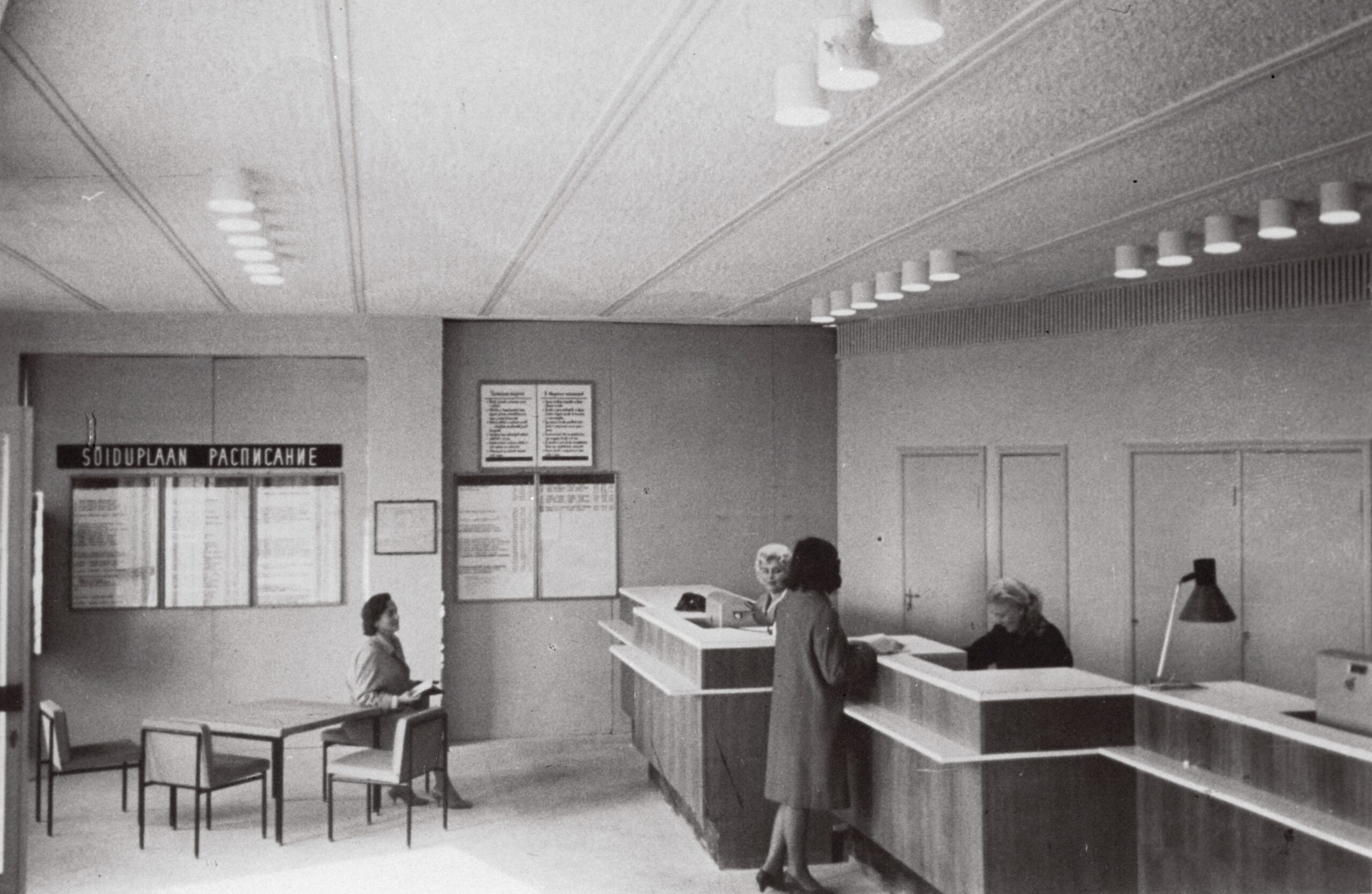
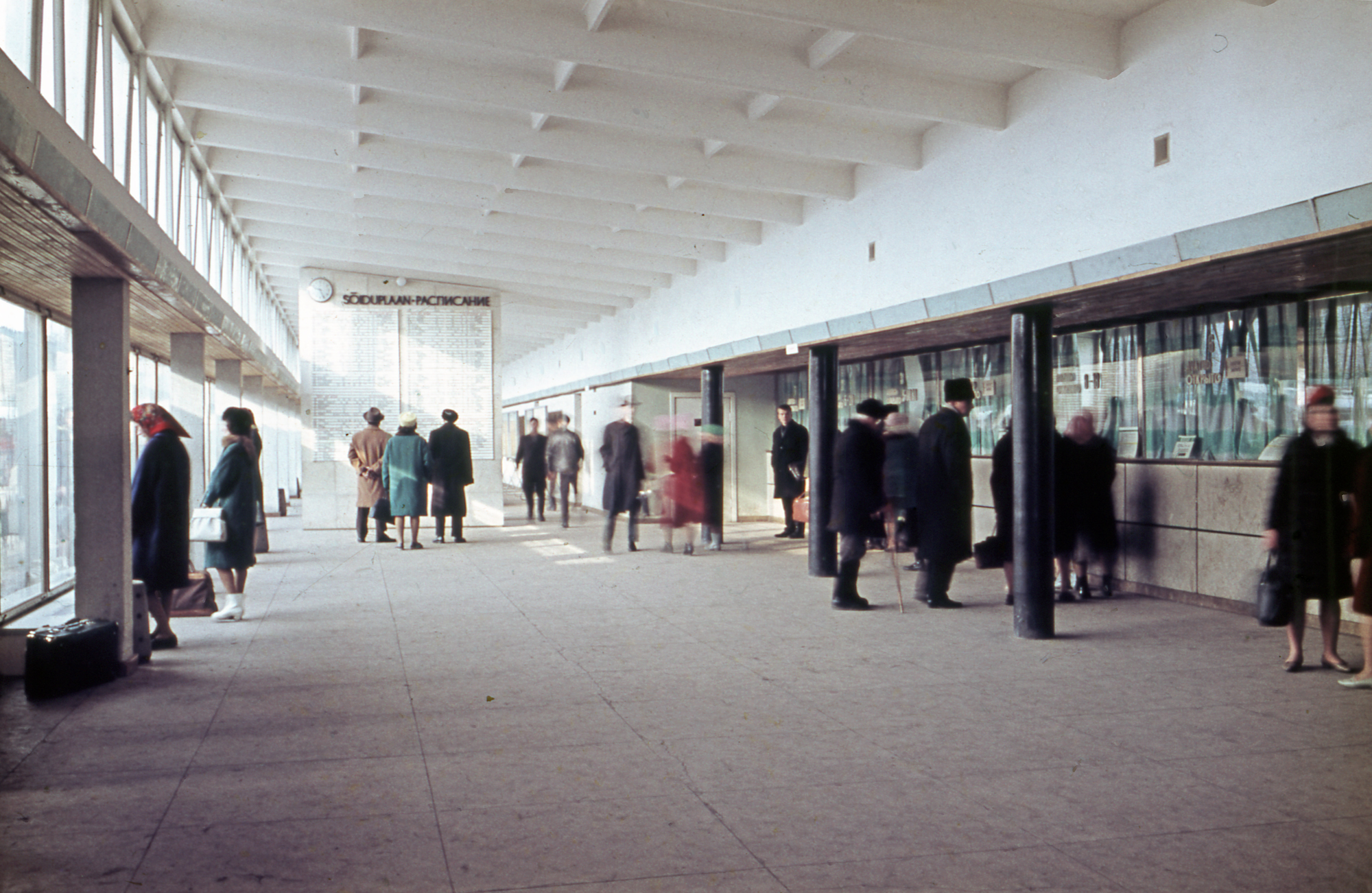
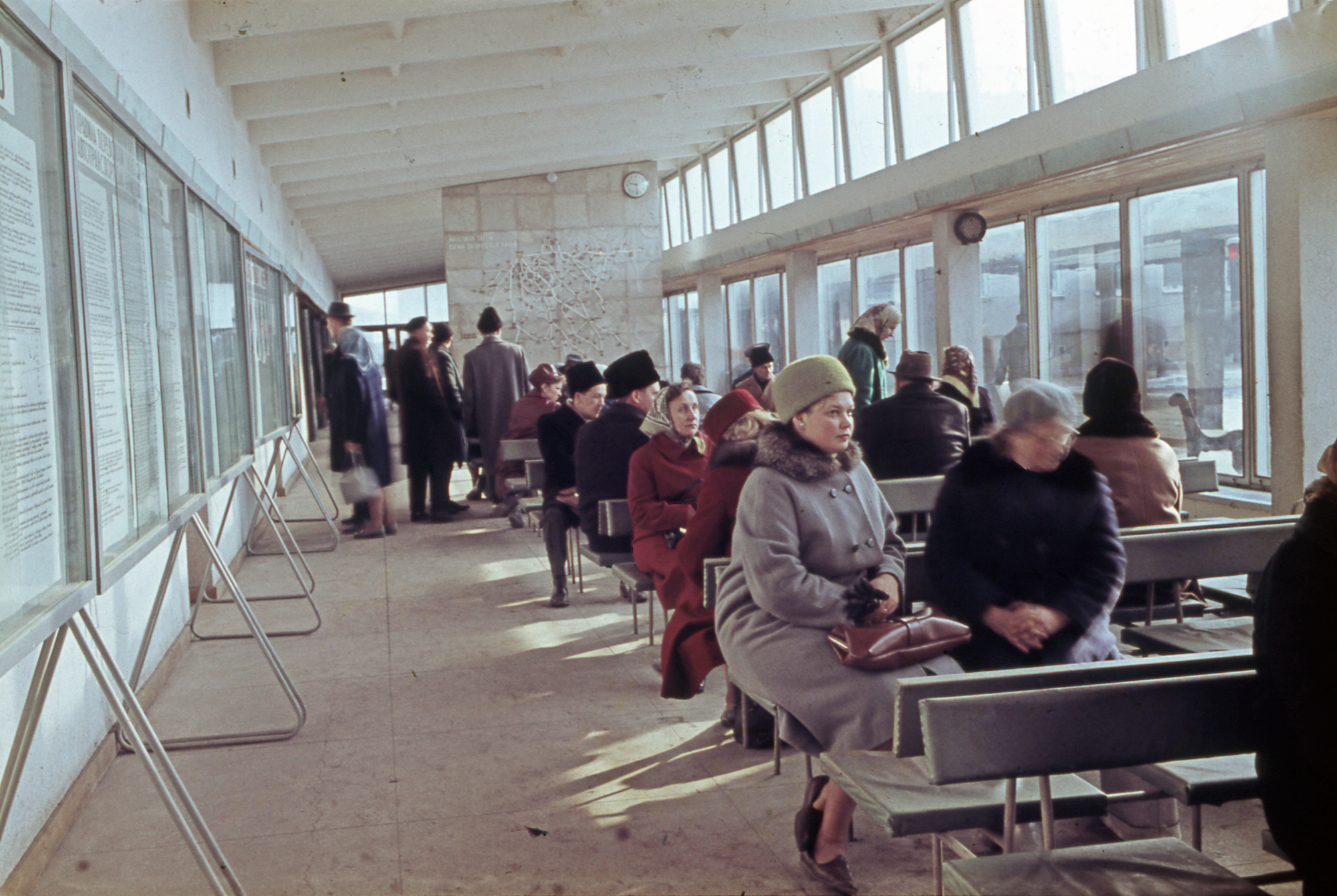
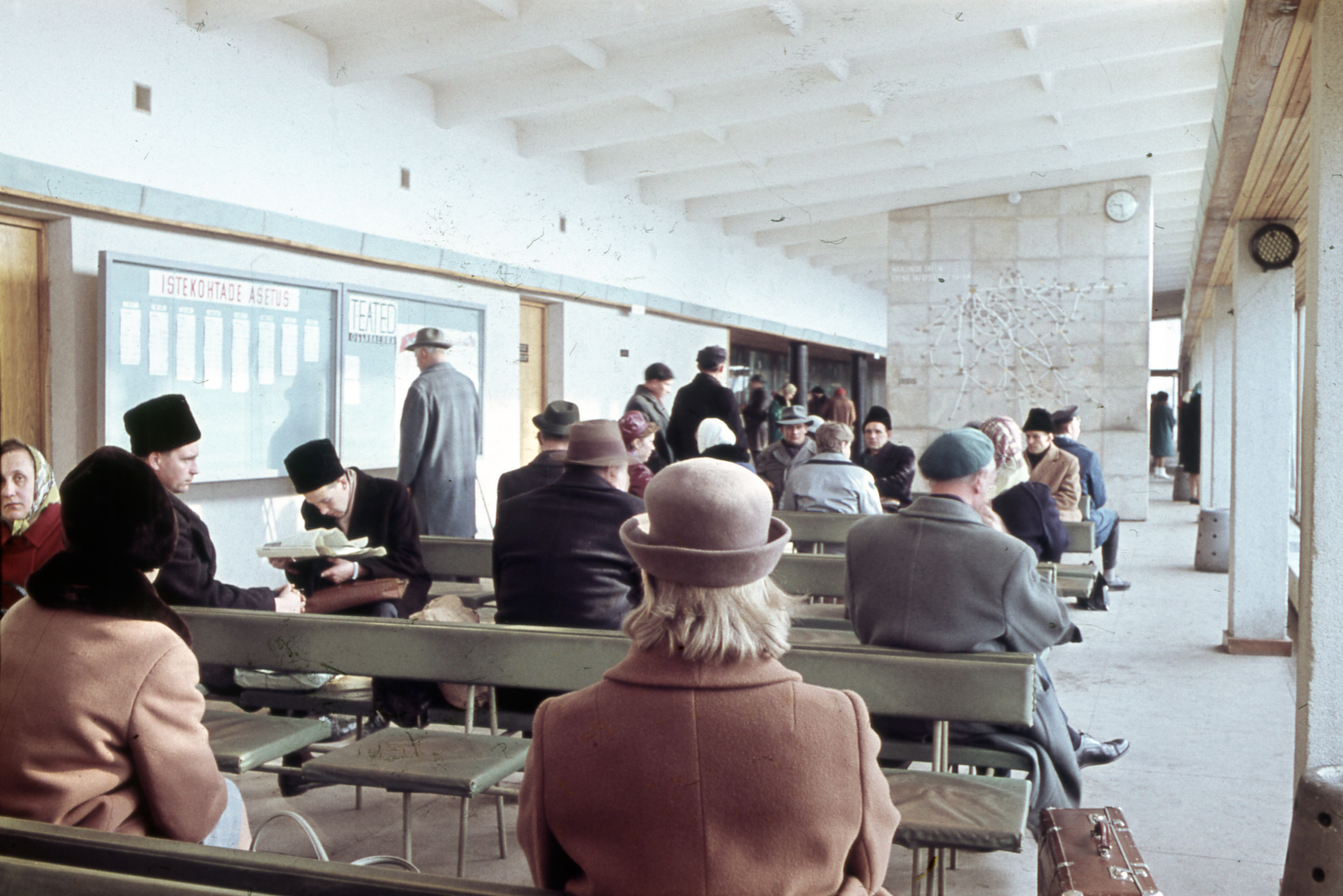



 12550
12550 info@bussijaam.ee
info@bussijaam.ee Mon–Fri 08:00–19:00
Mon–Fri 08:00–19:00




